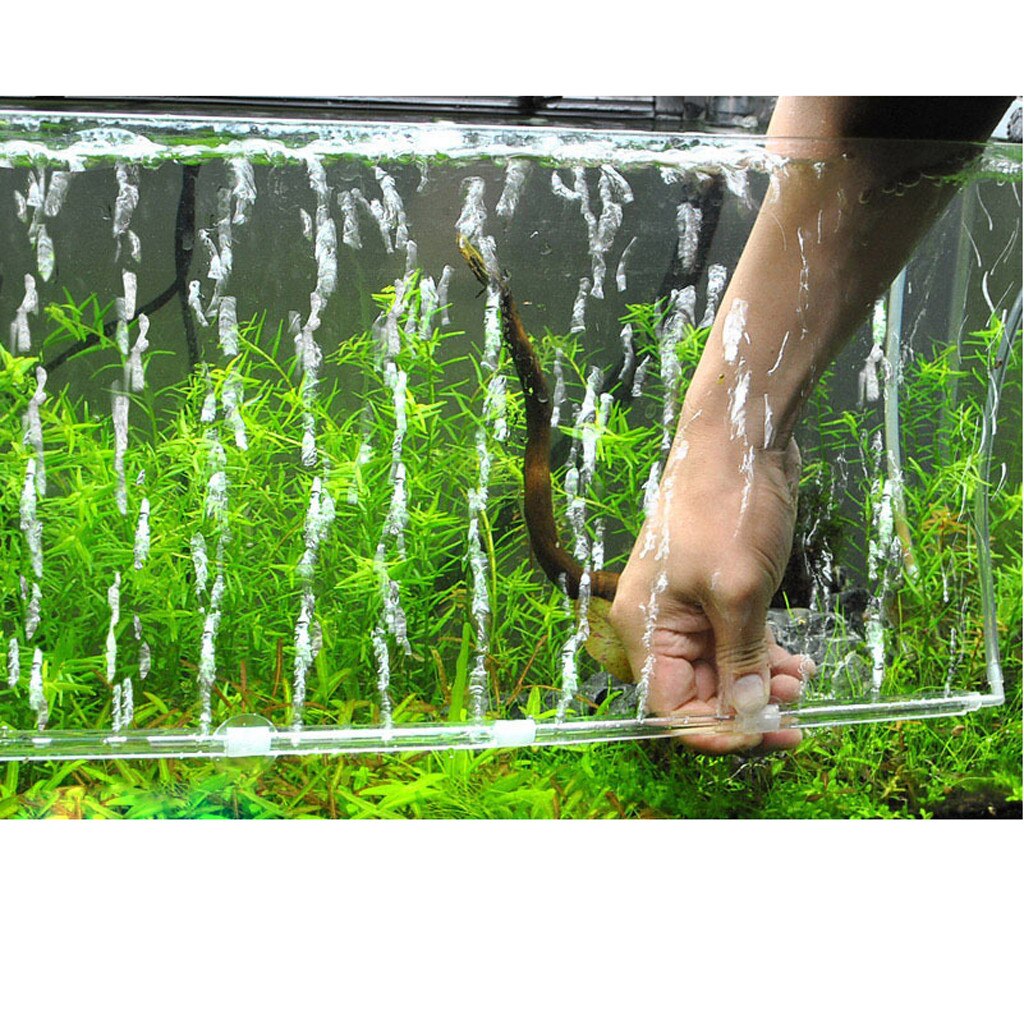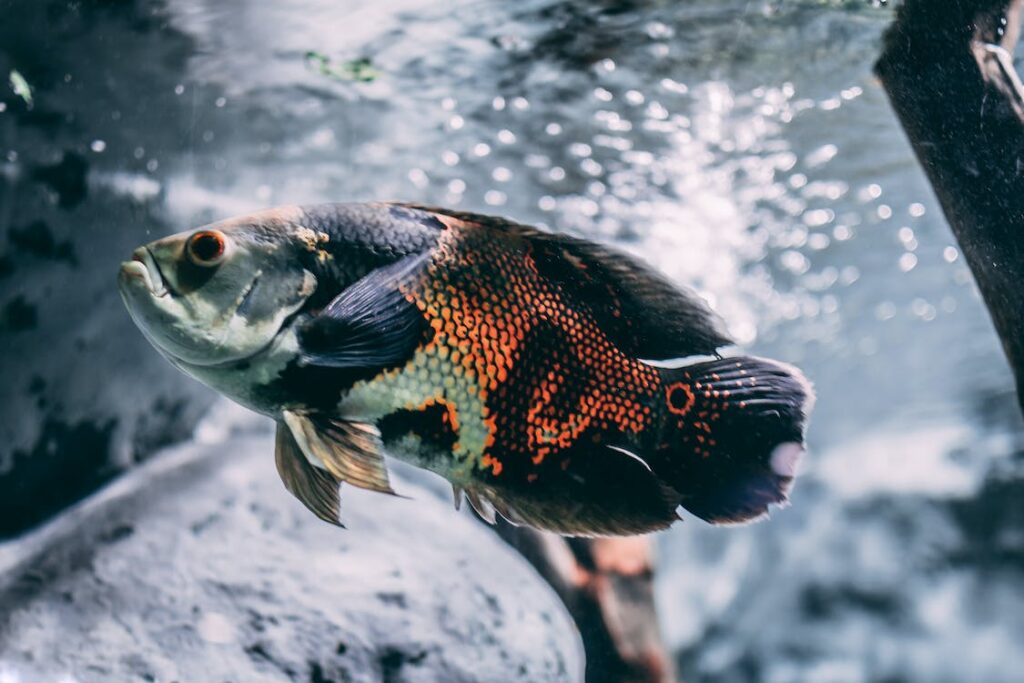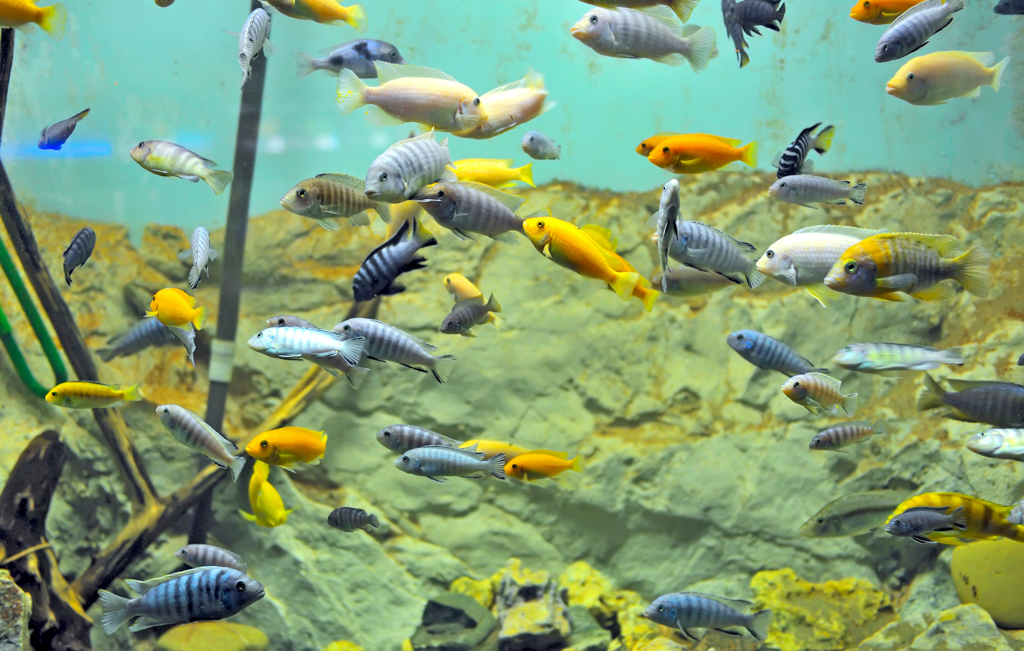Yes, it is possible to over oxygenate a freshwater aquarium. While oxygen is essential for fish and other aquatic life, too much of it can cause problems in an aquarium environment.
Over oxygenation can occur when there is too much surface agitation or water movement, such as from a strong filter or air pump. This can cause excess oxygen to enter the water, leading to high oxygen levels that can stress or harm fish and other aquatic life.
One of the most immediate and noticeable signs of over oxygenation is excessive bubbling or foaming on the water’s surface, which can also disturb the water’s equilibrium and cause other issues such as pH fluctuations and carbon dioxide loss.
Additionally, over oxygenation can also contribute to other problems in an aquarium, such as algae blooms and the loss of beneficial bacteria in the biological filter, which can negatively affect water quality and overall aquarium health.
To prevent over oxygenation, it’s important to regulate the amount of water movement and surface agitation in the aquarium. This can be done by adjusting the flow rate of the filter, reducing air pump output, or using a diffuser to create finer bubbles that dissipate more easily. It’s also important to monitor water quality regularly to ensure that oxygen levels and other parameters are within acceptable ranges for the aquarium’s inhabitants.
![]()




